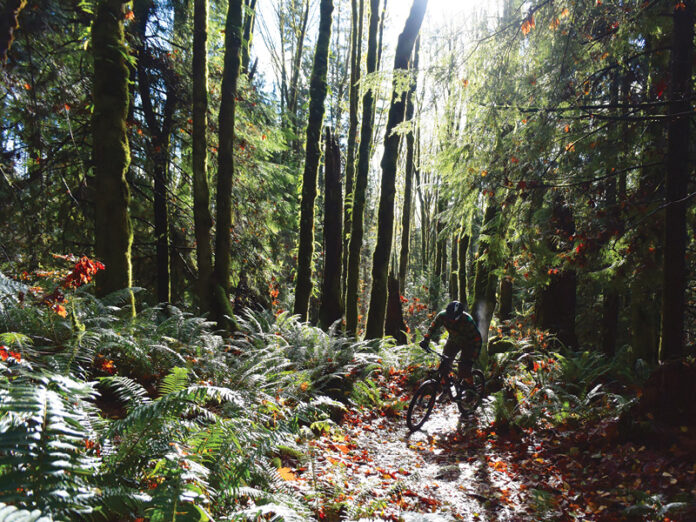
From a life spent in pursuit of athletic gains and extensive interviews with the best athletes in the world, these are the skills I know are worth perfecting. Improve on one or all of these and whatever your sport or passion, you’ll level up. Because unlike natural talent and potential, there is unlimited room for growth. And growth always yields gains.
Persistence
If persistence needed a spokesperson it would be the athlete who competed on the World Cup circuit for 12 years before having her breakout season and first podium appearance. Speed skater and Olympic medallist Kristina Groves had her head down and her eyes not fixed on the prize when she made that happen. She was focused on being better and taking her time. The pursuit of becoming better is always more poignant than the win. It’s not about the bling, but the bliss. Taking another run up the hill in the rain, scraping out an extra chin-up while your legs dangle. Being out there, pursuing, stumbling, making little gains. Persist, persist, persist, that is your bliss.
Criticism
Your reaction to criticism should be like that of multiple medal winning endurance racer Jen Segger. She says, “Bring it” when I ask what she thinks about criticism. She knows the value of criticism and chooses to embrace it. Dealing with and using all types of criticism, both external and internal, is a skill to perfect. One of the ways to do that is to create a space between yourself and your performance. This space gives you room to realize that how you perform is not tied to your worth as a person or your abilities in general, then you can use or discard the criticism depending on relevance and worth. Olympic gold medal triathlete Simon Whitfield says, “If someone is criticizing me because they want me to be mediocre, then I’m pretty good at ignoring it, but if they are critical of me in a very personal way, then I struggle just like anyone else.” Learning to filter and decipher criticism, using the good stuff and losing the bad, is a skill. Differentiate between what’s helpful and what’s hurtful. Embracing criticism isn’t easy but it’s the fastest way to improve.
Fear and Doubt
They don’t like the light, the noise or any company. They prefer the quiet, the dark and the solitude. Fear and doubt, it’s a battle and sometimes just saying what your battle is about is a good start. Starting something is always more daunting than being in the midst of anything. Acknowledging insecurities and worries — even if you don’t fully understand them — lessens their impact. Olympic cross country skier Devon Kershaw sums up his best races with: “A happy racer is a fast racer!” and “Your ability to get a result is directly related to your ability to let go of your need to get a result.” Those two ideas permeate his thought process, stem the flow of fear and calm the rising doubts that are part of sport and life. Instead of seeing the thoughts and fears that arise as a negative, liken them to cues and discover the patterns that emerge. These cues might mean you need to eat more food or get more rest. Pay attention to the signs.
Adaptability
Nothing stays the same, everything is constantly changing, which makes adaptability a skill worth perfecting. You can’t afford to be completely set in your ways, as circumstances, conditions and a host of other things won’t remain within your control. Change is coming, constantly, so embrace it and you can use change to your advantage — to grow, develop and improve. The ability to go with whatever is happening, in sport and in life, is a skill. Hall of Fame soccer player Andrea Neil remembers a framed print she would see in the physiotherapy room: “Perspective is a state of mind,” and that became her mantra. It’s about choice, being flexible enough to choose how you want to view a situation makes the difference. What are you willing to change? What do you have to modify? Be adaptable, listen to criticism, acknowledge doubts and persist. This will help you thrive as you react to changes in your sport, creative ventures and everyday living.















